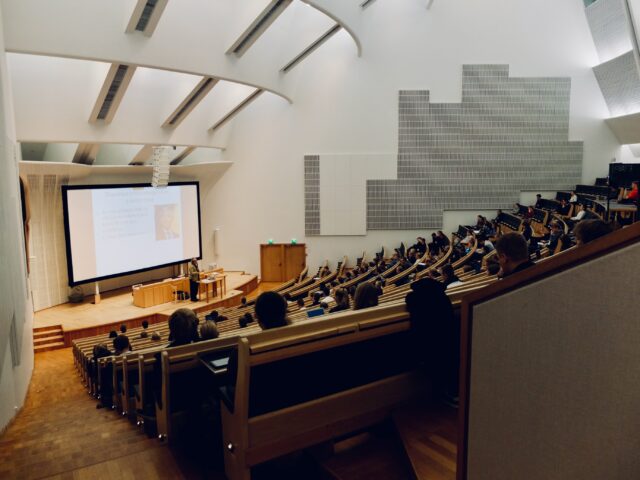The Government of Canada, Government of Quebec, and the City of Trois-Rivières recently celebrated the official opening of the Waska Witcihitowin community living environment. Waska Witcihitowin is an affordable housing development with 42 housing units that was conceived by and for Indigenous people. The units will be made available to Indigenous people who are pursuing postsecondary education or adult training while living with their families. The environment includes a childcare centre, a junior kindergarten classroom, collaborative workspaces, shared kitchens, and outdoor areas for cultural activities, and Centre d’amitié autochtone de Trois-Rivières offices. The project has received a 20-year tax exemption from the City of Trois-Rivières.

